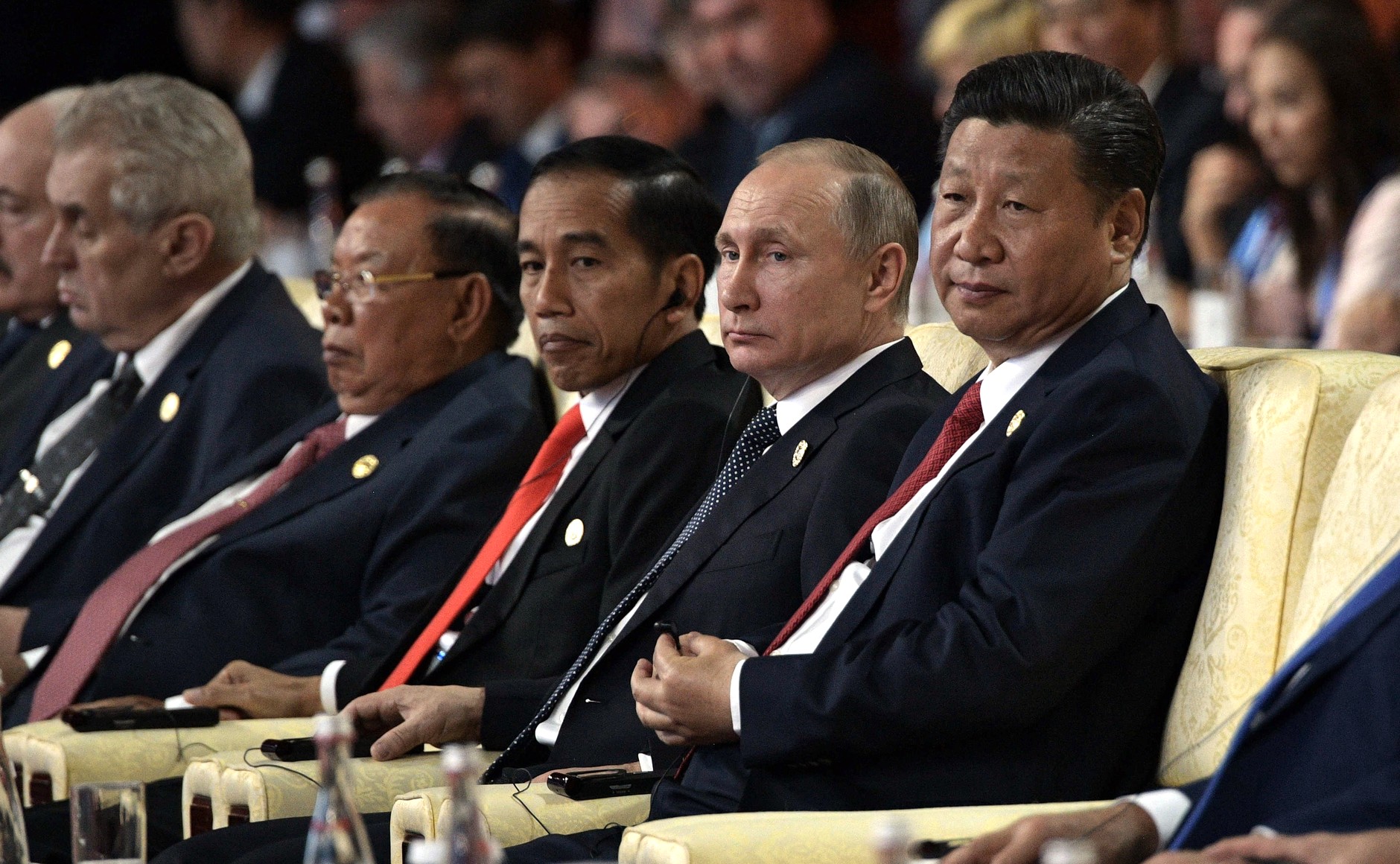October 25, 2023
Washington’s two pronged approach to breaking the China-Russia partnership

Russian President Vladimir Putin’s attendance at the China-hosted Belt and Road Forum – Putin’s first significant trip abroad since the International Criminal Court issued a warrant for his arrest – demonstrates the Russia-China “no limits” relationship is not only strong, but that Moscow is increasingly Beijing’s junior partner. Together, Russia and China are the most significant threat to the United States. Washington should leverage China’s internal politics, national interests, and nationalist ideology to weaken the Moscow-Beijing relationship and prevent an even greater threat from emerging.
The United States should start by engaging and enhancing the profiles of Chinese officials and outside advisors who do not hold favorable views toward Russia to influence Beijing’s policy. Support for Moscow’s war in Ukraine or a strong Russia-China relationship is brittle. Some prominent individuals even view Russia as a threat to China’s interests. Washington can promote their views through standard diplomatic engagement and backchanneling through track two and 1.5 diplomacy. These individuals – particularly those affiliated with state- and party-run research organizations – could then convey their analysis in concert with U.S. opinions to policy makers. But for official and unofficial diplomacy to be effective, the United States should highlight that an overly strong Russia-China relationship is harmful to Beijing’s interests.
Naturally, Washington should emphasize that China’s “neutral” stance and instances of providing lethal support to Russia’s war effort in Ukraine has harmed its economic relationships with Europe and the United States and will continue to do so. Weaker imports from and exports to the collective West will continue to lower China’s economic growth outlook and amplify social ills, such as youth unemployment. Beijing’s close relationship with Moscow also helps fuel suspicion of Chinese international investments – even relatively benign ones – leading to lost time, capital, and future economic gains.
Read article in RealClearWorld
Author

Quinn
Marschik
Contributing Fellow
More on Asia

By Peter Harris
January 22, 2025

Featuring Lyle Goldstein
January 12, 2025

Featuring Dan Caldwell
January 12, 2025





